Non-degreed Aviation Job Opportunities: What You Need to Know
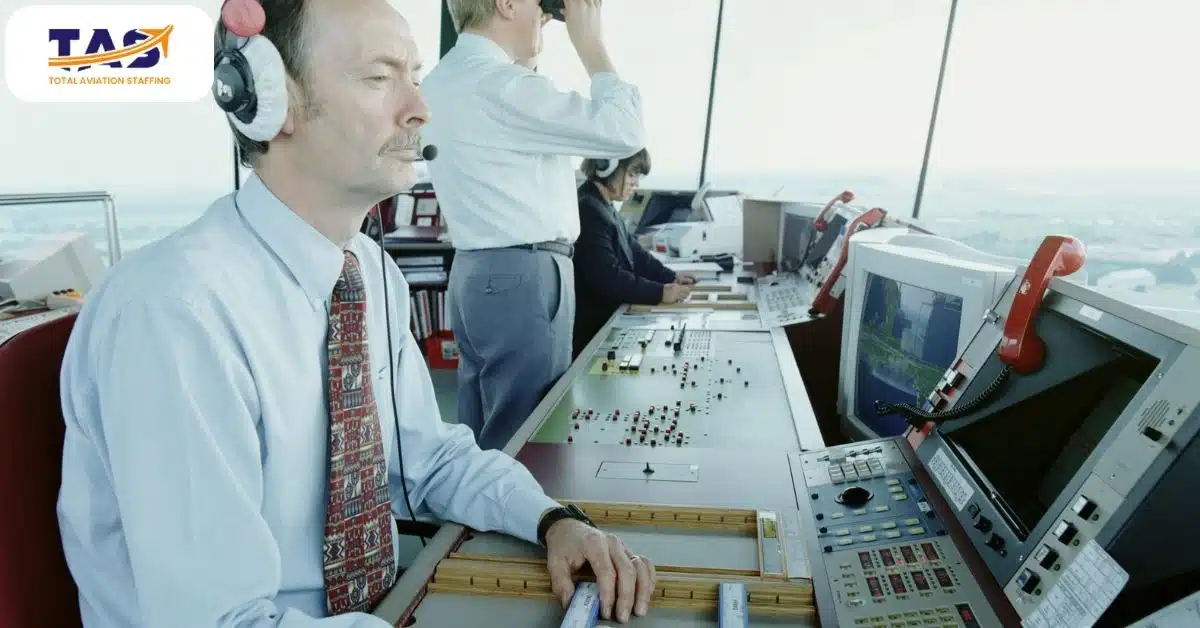
Are you looking for a career in the aviation industry but don’t have a degree? You may be surprised to learn that there are still plenty of job opportunities available to those without a college degree. In this blog post, we’ll explore what types of non-degreed aviation jobs are available, the qualifications required, and how to find them.
1. Aircraft Maintenance Technician
For aviation enthusiasts looking for a career outside of aviation-related degrees, aircraft maintenance technician is an exciting occupation prospect. An aviation career at the technician level involves daily inspections and testing to ensure aircraft’s operability standards are met.
Aircraft maintenance technicians must continuously maintain their knowledge of aviation regulations and apply solutions to complex issues. Technicians must be familiar with a range of equipment, tools, procedures, and regulations in order to meet certification requirements. Candidates need to have a valid driver’s license along with other certifications depending on the type of work they are performing. A recognized trade or technical school diploma in Airframe & Powerplant (A&P) aviation technology is recommended but not mandatory if job qualifications are matched with certain criteria.
Employers may also prefer some degree of experience or corporate knowledge from candidates applying for these positions; however, having a strong aviation background can make a difference in an individual’s job application.
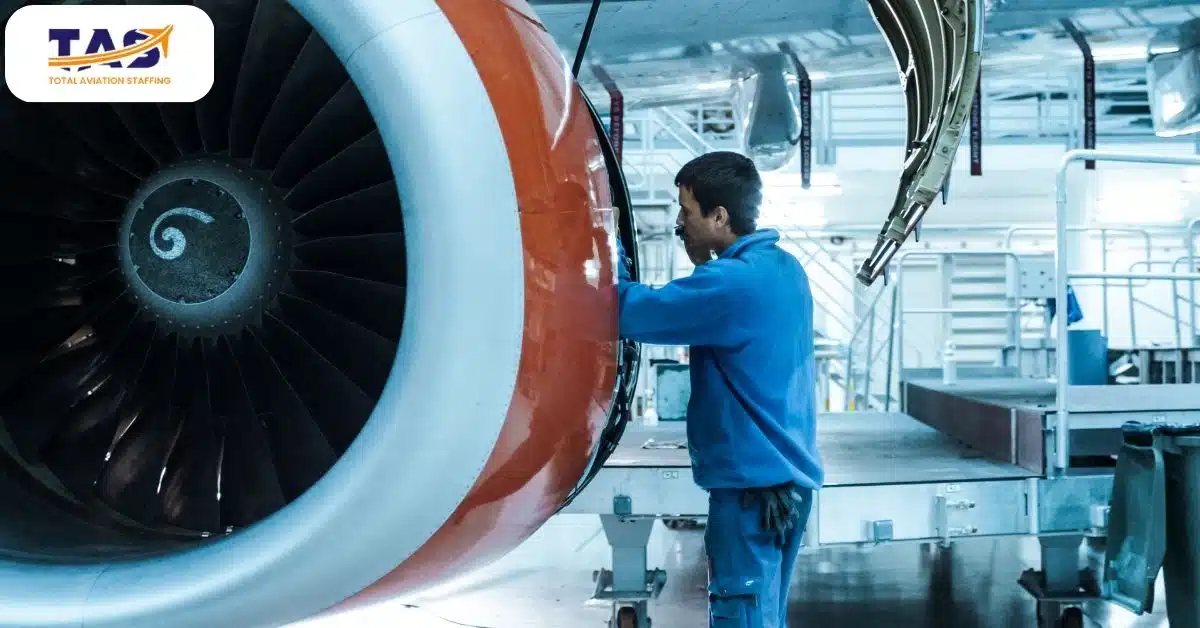
2. Air Traffic Controller
An Air Traffic Controller, working in aviation, is a highly significant career choice and requires different educational credentials than most of the aviation industry. While a degree is not necessarily a requirement to become an Air Traffic Controller, it is helpful and any aviation-related degree will prove beneficial.
Many aviation schools, such as aviation academies and online aviation universities, can provide quick access to education within the aviation industry. Additionally, taking an FAA-Approved Air Traffic Control Fundamentals Course without enrolling in an aviation program will give prospective air traffic controllers the necessary training for eligibility in Federal Aviation Administration exams.
Passing one of these exams determines employment eligibility from the FAA as an air traffic controller and knowledge gained from aviation courses or programs should help with success on these tests.
.webp)
3. Flight Attendant
Flight attendants are integral employees in the aviation industry, providing an invaluable service to passengers in ensuring their safety and comfort on long-haul flights. For those interested in aviation jobs without a degree, becoming a flight attendant is a great option.
The basic qualifications are relatively straightforward: you need an appropriate language level, excellent customer service skills, and a willingness to travel and work in fast-paced environments. Armed with these, aviation enthusiasts can look forward to engaging in work onboard aircraft, where they will be tasked with all aspects of flying including passenger service, cabin checks for security concerns, and first aid response during emergency situations.
Although no aviation qualifications or college degree is necessary for this job role, applicants will receive training before their first flight as part of their induction process. All in all, becoming a flight attendant is a great way to break into the aviation industry without prior aviation experience or formal qualifications.
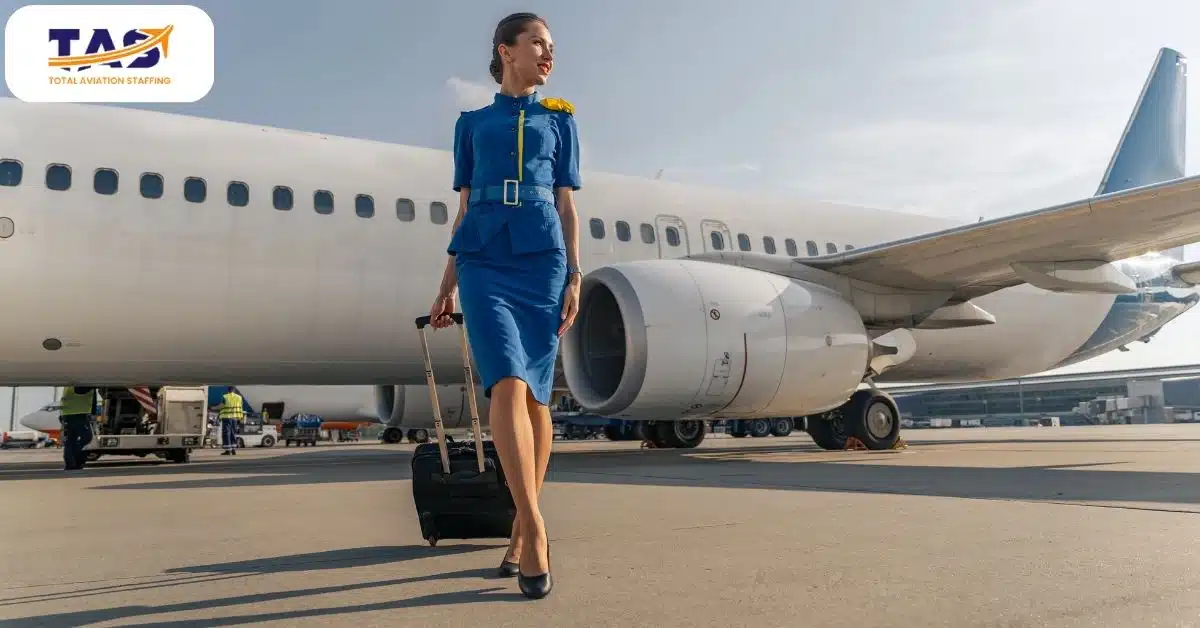
4. Ramp Agent
Aviation professionals with no formal aviation-related degree may be interested in a career as a ramp agent. Ramp agents are the driving force behind airport operations, playing an essential role in loading and unloading planes, coordinating baggage handling activities, and serving as the main point of contact between airlines and passengers.
Becoming a ramp agent requires passing basic safety tests and aviation regulations training. Good communication skills are essential to succeed in this role since effective communication is vital for the real-time coordination of aviation operations. Ramp agents must also be able to work both independently and as part of teams for efficient management of often complex aviation operations.
Those who can demonstrate competency and aptitude have abundant opportunities to progress in aviation roles.
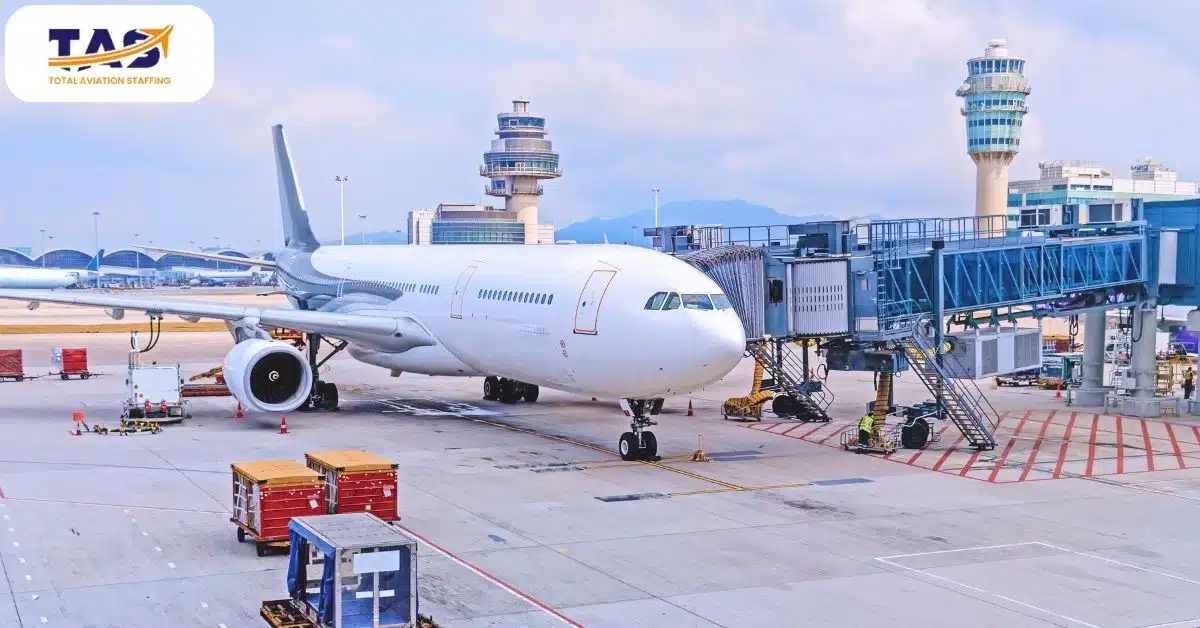
5. Ground Handler
For those looking to enter aviation without a degree, a ground handler is an excellent career path to consider. Ground handlers are responsible for preparing aircraft on the flight line and taking care of these planes while they are on the ground. This includes overseeing plane maintenance, cleaning the aircraft to create a more safe and more comfortable environment for flyers, and ensuring that all pre-flight safety operations are complete.
To become a ground handler in aviation one must have comprehensive knowledge of aviation regulations and hold previous experience in aviation services or customer service-related roles. Furthermore, having excellent communication skills and being highly organized is essential for succeeding in this role as it’s important to ensure consistent flow from gate to gate so aviation logistics run smoothly.
It may be required that applicants have industry-specific qualifications relating to aviation safety rules too depending on where you’re employed. Overall, becoming a ground handler is an attractive way for non-degreed individuals to get their start in aviation; providing them with industry knowledge as well as valuable experience-two critical components for pursuing any aviation career further down the line.

6. Airport Security Screener
An airport security screener is an important non-degreed aviation job that requires specialized training. This key aviation role involves conducting precision aviation security checks on passengers and luggage before they board a plane to ensure that dangerous goods are highly restricted.
This aviation role can involve technical proficiency in the use of X-Ray machines, metal detectors, and other advanced aviation security technologies. To qualify for an airport security screener position, applicants must possess basic knowledge of aviation safety protocols such as how to identify explosive materials as well as how to be respectful to travelers from all cultures and backgrounds.
Ultimately, airport security screeners are responsible for protecting the safety and security of passengers through the security screening of passengers and cargo at airports.
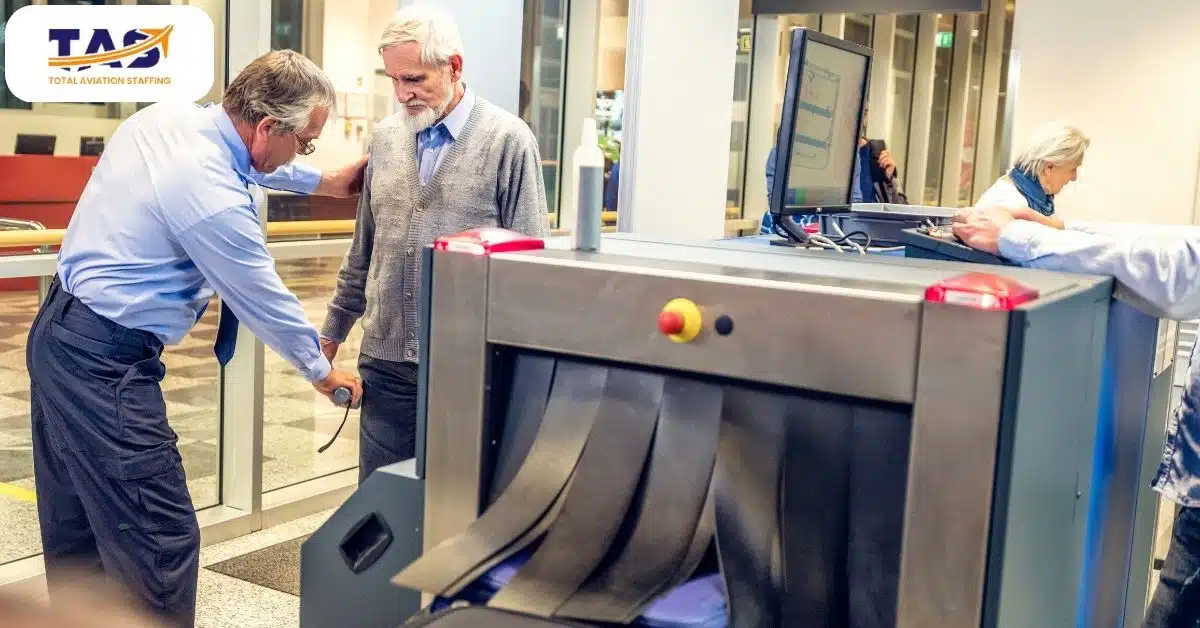
7. Aircraft Fueler
Without a college degree, aviation jobs may still be an option, thanks to the important role of aircraft fuelers. To become an aircraft fueler, knowledge of aviation and aviation fuel is essential – they’re responsible for handling aviation fuel safely and efficiently.
Aircraft fueling technicians must understand aviation processes and comply with local, state, and federal aviation regulations. Beyond aviation knowledge, strong problem-solving skills are helpful to anticipate potential problems or troubleshoot in addition to math proficiency to measure the amount of aviation fuel needed while performing the job.
An aircraft fueler must also work well in a team setting as well as independently – they are likely their own boss out on the tarmac! With attention to detail, quickly able to make decisions on their feet as needed, as well as confidence under pressure – an aircraft fuel technician can help ensure successful flights for airlines with reliable service.
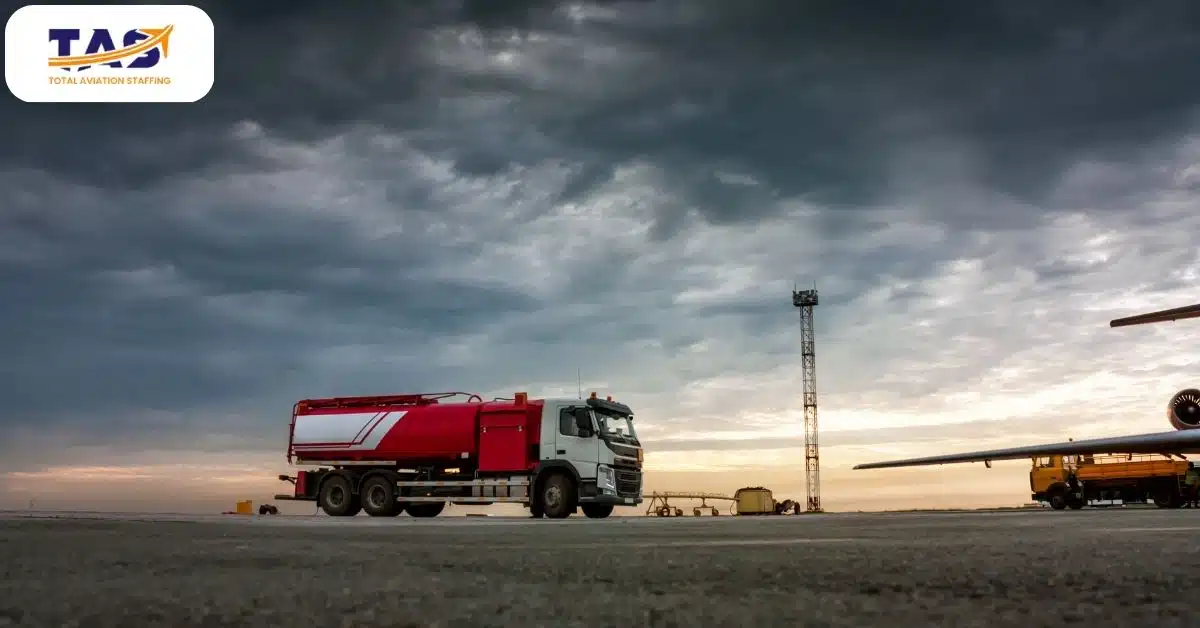
8. Avionics Technician
An Avionics Technician is a critical hire for aviation organizations, as it’s the Avionics Technician who maintains and repairs the aircraft’s overall communication, navigation, and surveillance systems. Without these systems in place, aviation operations can’t succeed.
As such, aviation companies will often accept non-degreed applicants for Avionics Technician positions as long as they have a formal aviation training program or equivalent experience under their belt. A successful aviation applicant in this role should possess strong mechanical aptitude, excellent numeric skills, and proficiency with computers.
This type of role requires tremendous technical knowledge but also exceptional customer service skills to be able to explain complex aviation concepts to everyday passengers. So those looking to make an impact in aviation don’t need a degree—a passion for aviation and technical prowess are enough to start climbing in the ranks.
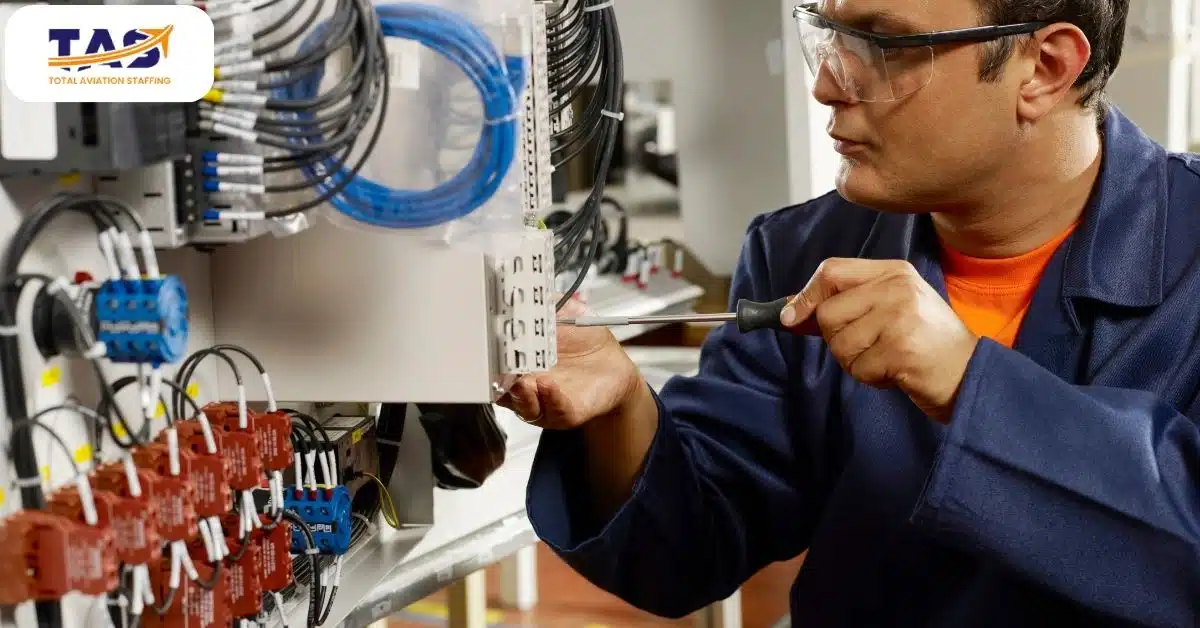
9. Aircraft Cargo Loader/Unloader
Working in aviation as an aircraft cargo loader/unloader can be an interesting and dynamic career choice. This aviation job involves loading plane cargo onto the plane and securing it for its destination.
For example, checking that weight is balanced to ensure the plane’s safety when taking off and landing. Although this aviation job does not require a college degree or certification, effective training is essential before handling any cargo. Every aviation facility has its own specific set of regulations, such as proper use of aviation ground equipment like belt loaders, forklifts, and hand carts while securely loading or unloading the cargo onto the plane.
As with any aviation position, adhering to all regulations is paramount; failure to do so can lead to severe penalties. With good training and preparation, aircraft cargo loaders/unloaders can enjoy a unique aviation career that offers great fulfillment in serving commercial airlines safely.
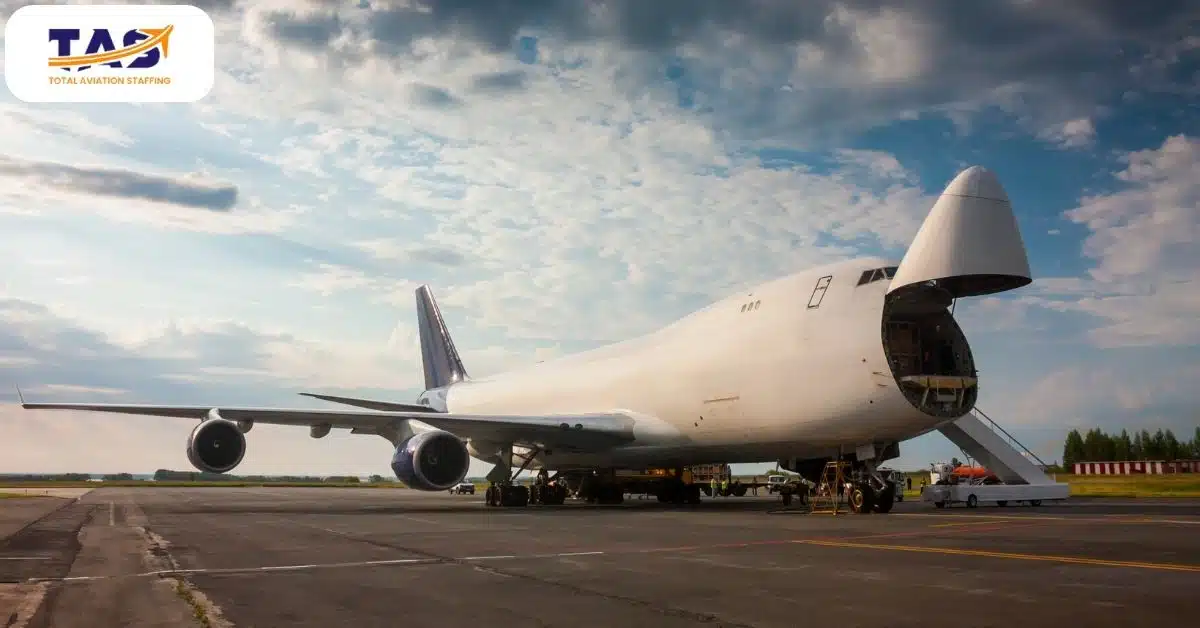
10. Airfield Operations Specialist
Aviation professionals looking to break into the aviation industry may have heard of airfield operations specialists and the great opportunities they have despite not having a degree in aviation. What many aviation hopefuls don’t know is that to be a successful airfield operations specialist, they need operational knowledge followed by the proper training from an aviation college or school; however, aviation degrees are not required.
A proven record of aviation work experience, aviation certifications and licenses, and basic aviation knowledge is sufficient for airfield operations specialists to demonstrate their skill set. From performing safety patrols to finding any neglected safety issues within their assigned area and making sure airport vehicles adhere to safety protocols and regulations, airfield operations specialists play a crucial role in keeping airports secure.
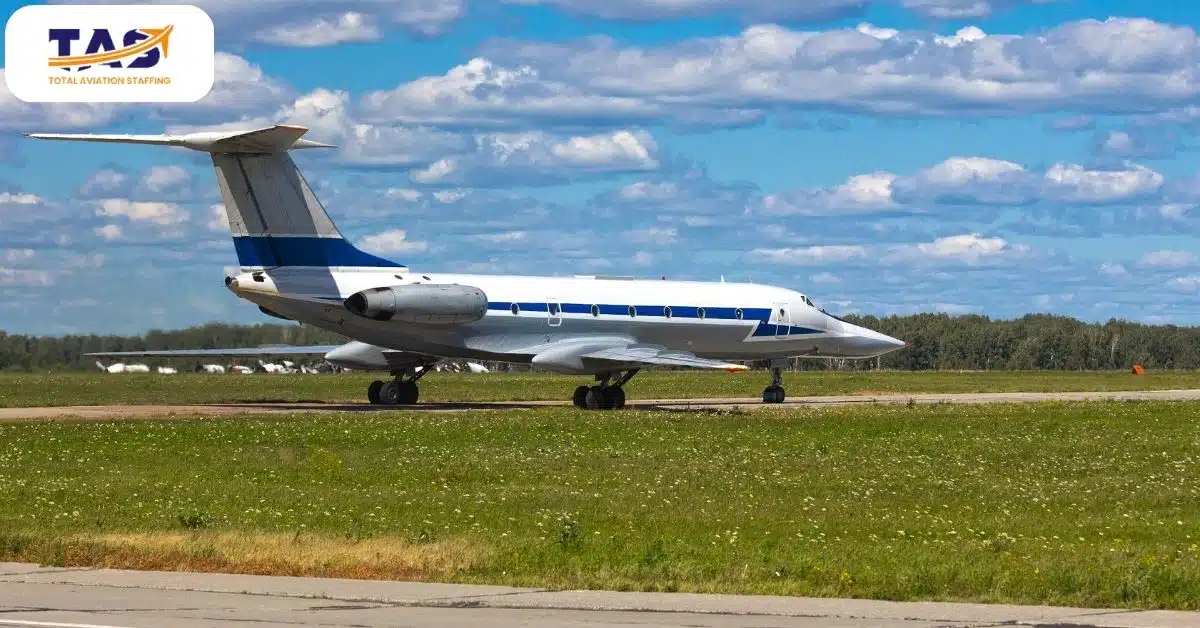
In Conclusion
Aviation offers a variety of exciting job opportunities that don’t require a college degree. From aircraft fuel technicians to airfield operations specialists, there are many roles that allow candidates with the right skill set and experience to make an impact in the field. With proper training and knowledge, those interested in a career in aviation can find fulfilling roles that will help them reach their professional goals. So if you’re passionate about aviation, don’t let a degree stop you from pursuing your dream career!
